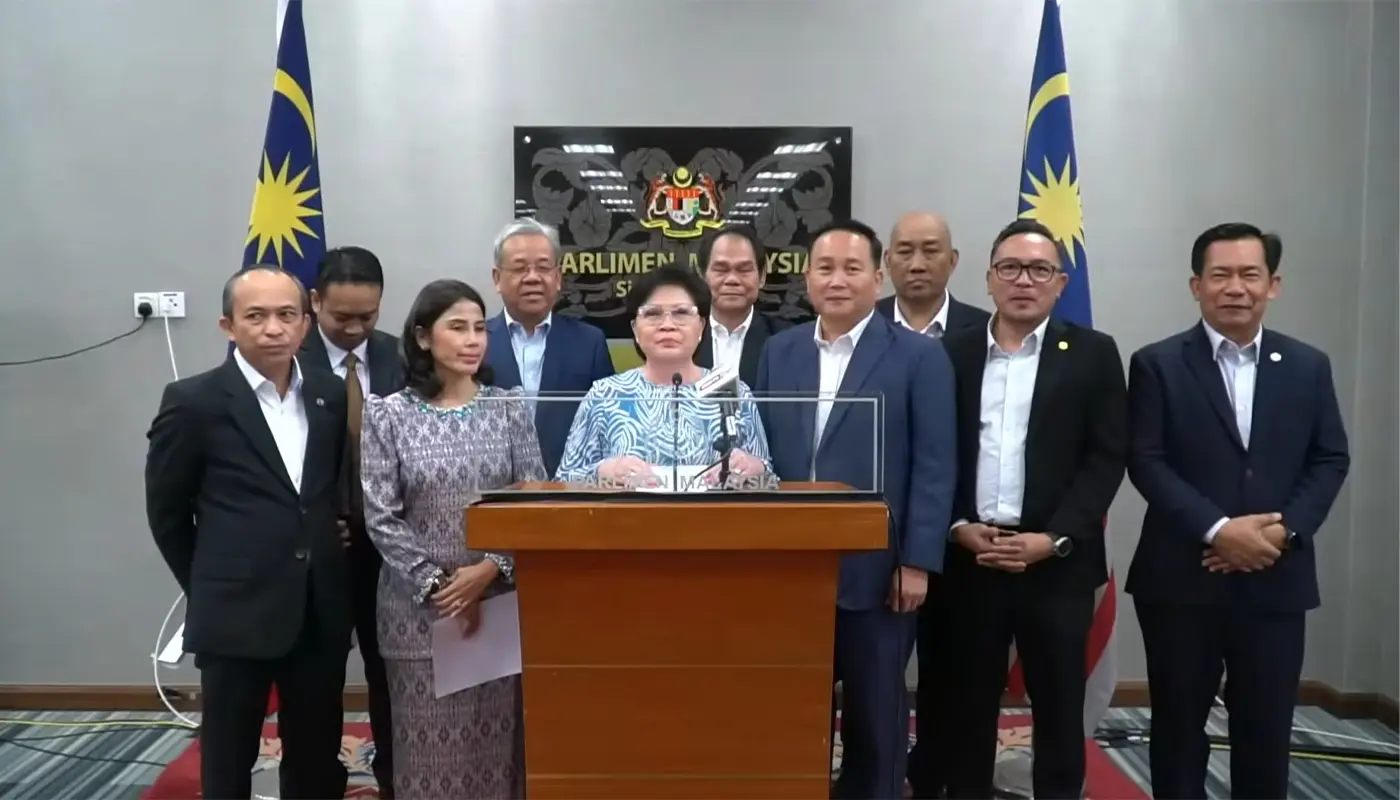KUCHING – The Gabungan Parti Sarawak (GPS) Member of Parliament Backbenchers have clarified that workforce adjustments undertaken by Petroliam Nasional Berhad (PETRONAS) are independent corporate decisions and not linked to Petroleum Sarawak Berhad (PETROS).
In a statement issued on Tuesday, the MPs stressed that PETRONAS’ restructuring is driven by global and domestic market conditions, and bears no relation to Sarawak’s constitutional rights or its pursuit of greater regulatory and commercial roles in managing oil and gas resources through PETROS.
They reaffirmed that Sarawak continues to collaborate closely with PETRONAS to strengthen Malaysia’s energy resilience and long-term national interests.
“The partnership between Sarawak and PETRONAS remains strong, strategic, and forward-looking. The staff layoffs are purely part of PETRONAS’ strategic direction for right-sizing and have nothing to do with Sarawak’s constitutional rights or demands,” the statement read.
The MPs also highlighted PETRONAS’ standing as one of Southeast Asia’s most respected national oil companies, with strong fundamentals, a diversified global portfolio, and a commitment to Malaysia’s prosperity.
They emphasised that Sarawak’s efforts to build PETROS complement, rather than compete with, PETRONAS’ role in the region.
Addressing workforce concerns related to the Miri Combined Cycle Gas Turbine (CCGT) Power Plant, the MPs explained that PETROS is working with international partners to bring world-class technology, financing, and expertise to the project.
These partnerships are governed by transparent procurement and investment principles to ensure maximum value for Sarawak.
They noted that Sarawakians remain central to PETROS’ development strategy, with a strong focus on local participation, capacity building, and employment opportunities.
The upcoming 500MW Miri CCGT Power Plant will combine international technical expertise with opportunities for local workers, helping to develop future talent.
The project is being delivered under an Engineering, Procurement, Construction, Installation, and Commissioning (EPCIC) model, requiring different technical expertise at various stages.
While foreign specialists are involved in certain tasks, contractors must meet minimum local content requirements, including the use of local suppliers, subcontractors, and on-the-job training for Sarawakians.
Currently, of the approximately 400 workers on site, nearly half are Sarawakians, with many from Miri. Most supervisors, engineers, technicians, and welders are also local, underscoring the project’s commitment to community involvement.
The MPs concluded that Sarawak’s pursuit of greater control over its natural resources is rooted in fairness, constitutional rights, and a shared vision for Malaysia’s prosperity.
PETROS and PETRONAS will continue to collaborate constructively to ensure Malaysia’s energy future remains strong, sustainable, and inclusive.







